
The Advantages of Blockchain in Real Estate
Blockchain has been gaining attention for improving efficiency and security across various industries. In real estate, it addresses challenges like high costs, inefficiencies, and lack of transparency. Here’s how blockchain benefits the real estate sector:
Better Transparency and Trust
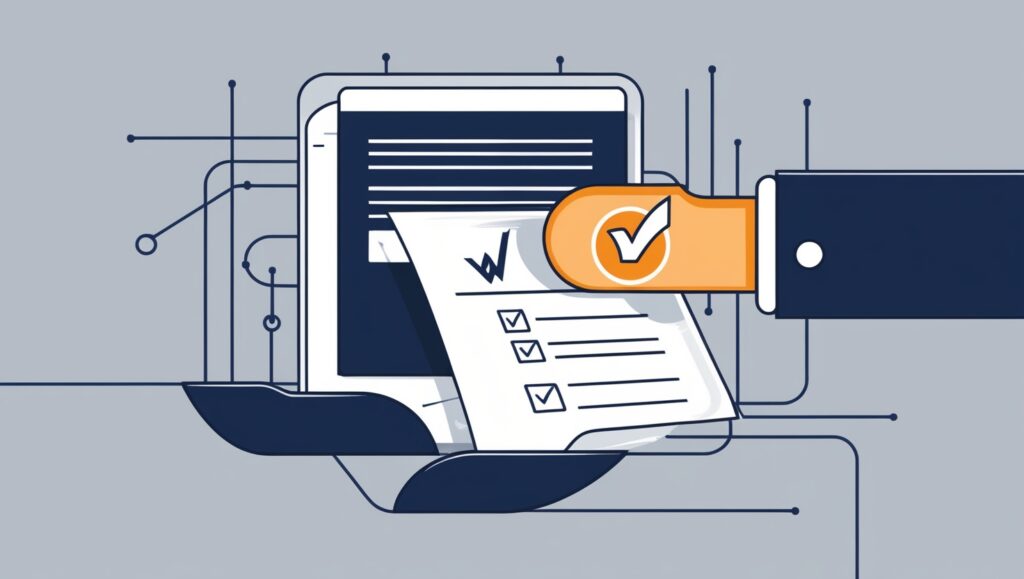
Blockchain is built to ensure clarity. In real estate, its transparent system provides reliable, verified data for all parties involved.
Permanent Transaction Records
Blockchain keeps a permanent record of every transaction. Once information is added, it can’t be changed or erased. This creates a reliable and tamper-proof history of property ownership. Buyers, sellers, and lenders can easily access property records to avoid disputes.
Simplified Ownership Verification
Property ownership checks often involve piles of documents and long processes. Blockchain changes this by storing ownership details on a secure, shared ledger. It reduces fraud risks and speeds up verification, saving time and effort.
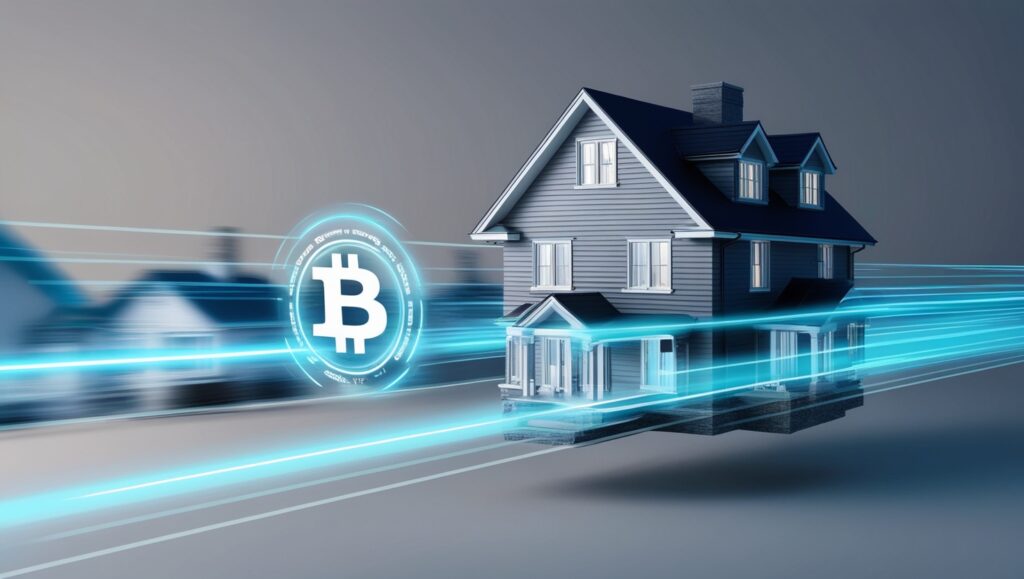
Faster Transactions
Real estate deals often drag out due to bureaucratic delays. Blockchain simplifies and speeds up the process.

Smart Contracts
Smart contracts are self-executing agreements that activate automatically when terms are met. For instance, transferring ownership can occur instantly after a payment is made. This eliminates the need for intermediaries like lawyers or escrow agents, making transactions smoother.
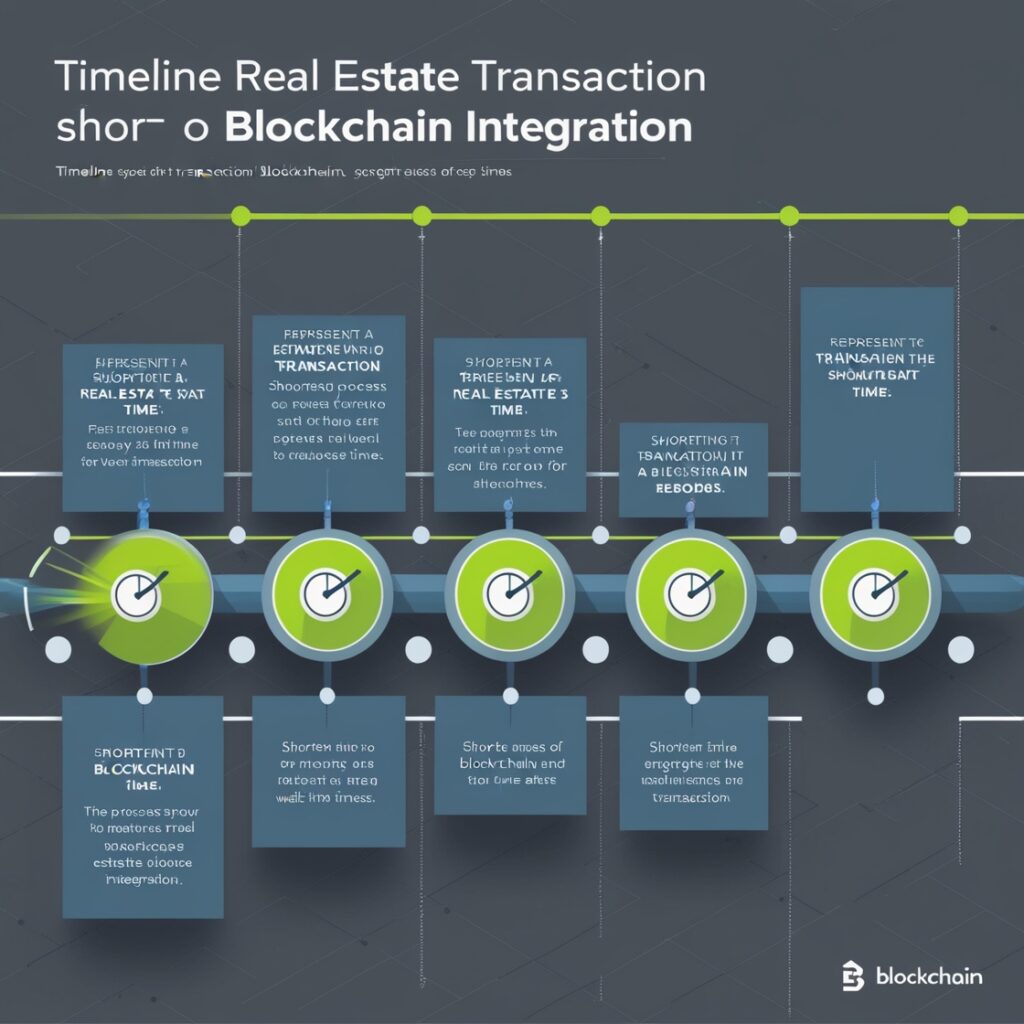
Shorter Closing Timelines
With less reliance on third parties and automated steps, deal closures take days instead of weeks. Document verification and ownership transfers happen faster, cutting down waiting times significantly.
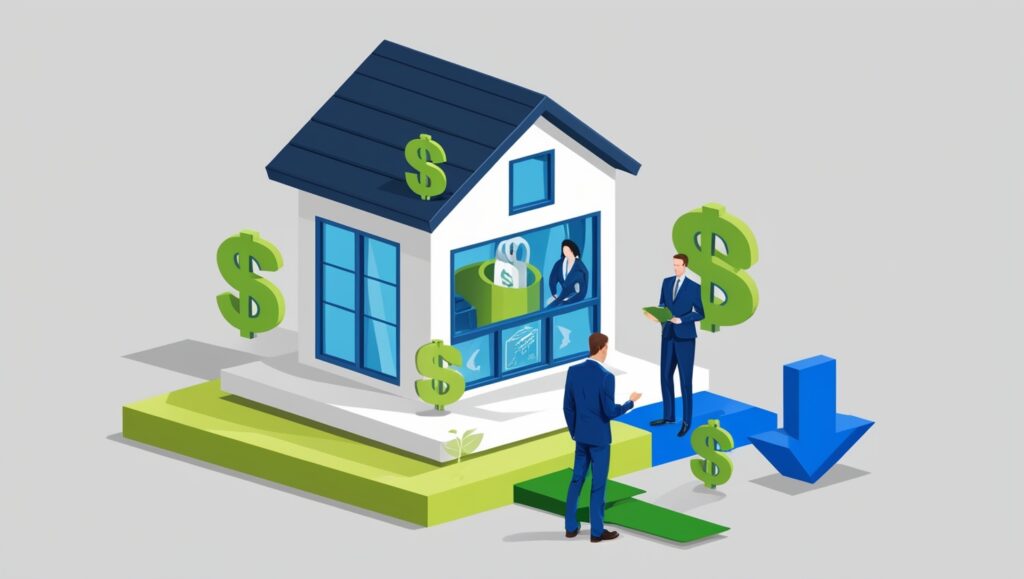
Lower Costs
Traditional real estate processes come with high fees. Blockchain helps reduce these expenses by improving efficiency.

Reduced Fees
Agents, escrow services, and other intermediaries often drive up costs in real estate transactions. Blockchain allows direct peer-to-peer interactions, lowering the need for multiple middlemen and cutting fees.
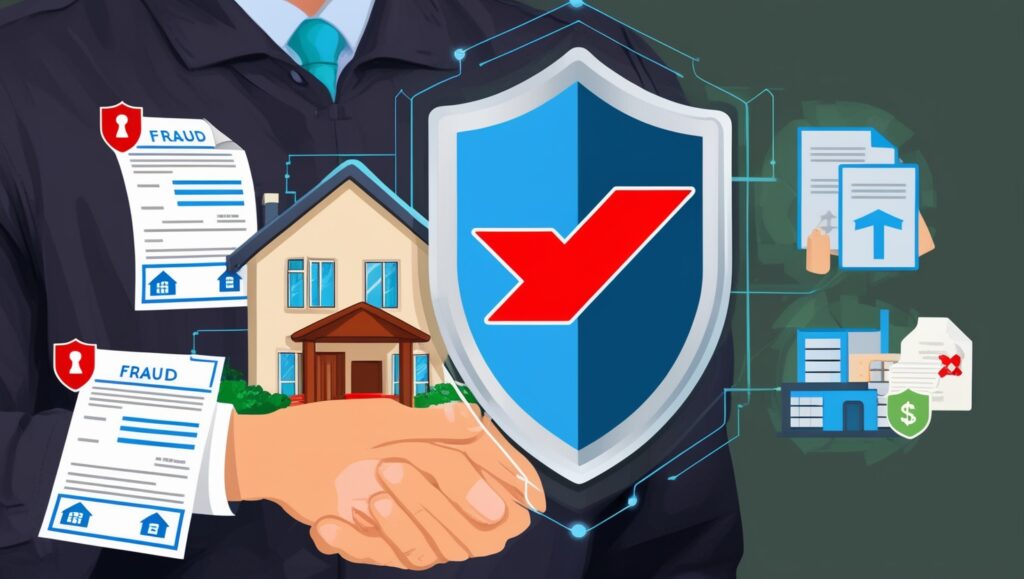
Fraud Prevention
Fake documents or false ownership claims cause financial losses. Blockchain’s secure system makes altering or forging records nearly impossible. This added security lowers risks and can reduce costs for buyers, sellers, and insurers.

Global Investment Opportunities
Blockchain removes barriers to investing in real estate across borders, opening up new opportunities for buyers and sellers.
Fractional Property Ownership
Purchasing property outright is expensive. Blockchain allows investors to buy smaller property shares, making real estate investment accessible to more people. Even modest amounts can help you own a piece of real estate.
Increased Market Liquidity
Real estate is traditionally seen as slow to sell or trade. Blockchain changes this by enabling quick buying or selling of property shares. This makes real estate investments more dynamic and opens up new activity in the market.
Final Thoughts
Blockchain has the potential to reshape the real estate sector by improving transparency, speeding up transactions, and reducing costs. It also makes global investments and fractional ownership easier. As this technology evolves, it’s likely to bring even more innovative changes. Whether you’re buying, selling, or investing, blockchain is driving a new way to approach real estate. Could this be the future of property transactions? The answer could rest with blockchain.
